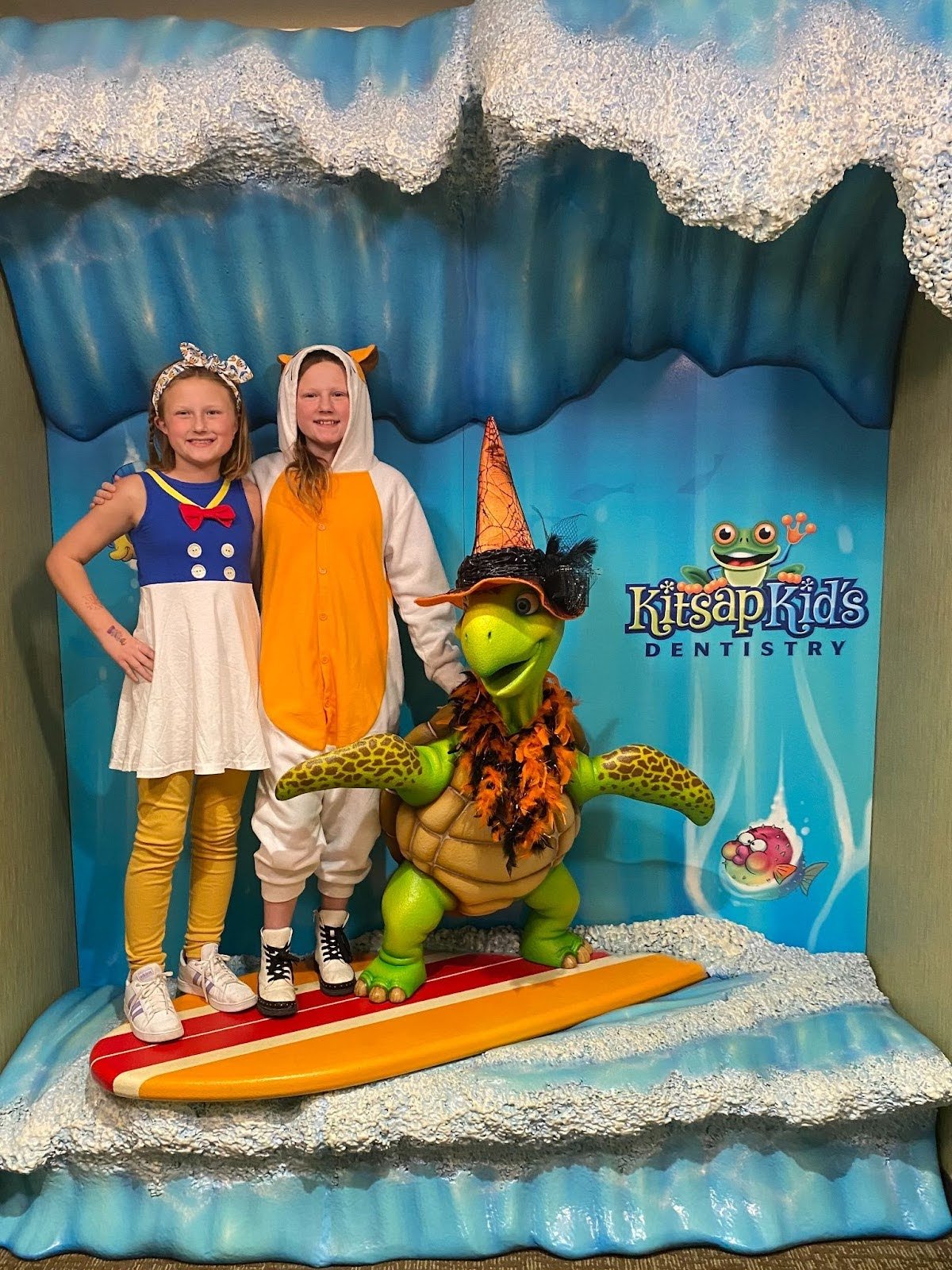Turning Tricks into Treats: Four Leadership Lessons from Halloween 🎃
$13.1 billion.
That’s the amount that Americans will have spent on Halloween by the time the day is over, according to the National Retail Federation.
Whether it’s costumes or candy, pumpkins or parties, Americans plan to spend an average of $114 per person this holiday.
This year, the Raleys got into the act with a mad tea party. 🫖
Speaking of the big business that is Halloween… have you ever experienced a Spirit Halloween store?
Thousands of these Spirit Halloween retail outlets pop up all over the nation each year in abandoned retail spaces and defunct department stores, and are gone just as quickly.
Spirit Halloween stores are the subject of some amusing memes:
You might have seen the fake Spirit costume meme…
It’s not all fun and games at Spirit Halloween – it’s also big business.
Last year, Spirit opened a record number of stores – more than 1,500, staffed by 50,000 seasonal workers across the United States.
Fortune Magazine recently detailed Spirit’s strategy – a strategy that accounts for $2 billion of that $13.1 billion spent nationally on the holiday:
Today, let’s examine four lessons leaders can take from the commercial phenomenon that is Halloween.
Four Lessons from the Business of Halloween
There are several takeaways that all leaders can learn from innovative business models and approaches to the business of Halloween.
Lesson #1: Turn Problems into Opportunities
The entire business model of Spirit Halloween is based on turning apparent weaknesses into definite strengths.
Spirit took a series of problems – a product with limited appeal, a short window of popularity, and vacant commercial real estate – and turned them into opportunities. They leverage a pop-up retail model, but with a twist – do it at a massive scale and at a time of year – October – that has historically been slow for retail, turning a lull into a boom.
"I didn't invent temporary sales," Spirit Halloween founder Joseph Marver told The Seattle Times in October 2000. "But I feel like I invented temporary Halloween."
💡Takeaway: What problems are you facing, and how can you turn those challenges into opportunities?
In another famous example, Disney turned an asphalt eyesore and logistical problem into an opportunity by transforming the old Disneyland parking lot into an oasis, home to Disney’s California Adventure Theme Park, Downtown Disney, and the Grand Californian Hotel.
Lesson #2: Tap into Nostalgia
A couple of years ago, McDonald’s re-released its Happy Meal “Boo Buckets,” unleashing a wave of nostalgia. These originally came out in 1986, and I have no doubt that the news hit millions of Americans instantly in the feels.
Do you remember these?? It clearly worked – reports indicated that people were selling these plastic buckets for as much as $50 each online.
This year, the top kids' costume is Spider-Man.
Last year’s top kids' costume? Also Spider-Man.
Spider-Man first appeared in comics in 1962 – talk about nostalgia! And if you’re curious, here is the list of the top 10 costumes for 2025 for children, pets, and adults.
💡Takeaway: How can you tap into the powerful emotion of nostalgia for your constituents? What kind of world do your donors want to see, and how can you help them create it?
Lesson #3: Turn Seemingly Irrelevant Events into Remarkable Experiences.
The calendar is full of special days that most organizations gloss over. You might have even started reading this email, thinking, “Well, of course Spirit Halloween leverages the holiday – that’s their entire business.”
But all it takes is a little imagination to turn an irrelevant holiday into a remarkable experience.
My daughters had a dentist appointment the week of Halloween a couple of years ago. First of all, who goes to the dentist the week of Halloween – the king of all candy-related holidays?? I felt for them.
Some dentist offices might use Halloween to extract candy from unsuspecting children... “Bring in your candy kids, and we’ll give you an extra toothbrush!”
But not Kitsap Kids Dentistry. They turned the holiday into a remarkable experience. Kids were encouraged to wear their costumes to the dentist. And any kid who wore a costume got an extra prize from the prize box.
These are some happy children (at the dentist’s office, mind you!).
Even the staff got in on the fun. My girls got their teeth cleaned by a witch and Stitch! They came home glowing from the dentist's office. I would call that a remarkable experience.
Speaking of holidays that enable remarkable experiences… This week, we hosted our first livestream recording of the Sustainable Giving Podcast, discussing how charities can tap into GivingTuesday to grow Sustainable Giving. You can watch the replay here – Sustainable Giving Podcast LIVE: Growing Sustainable Giving this GivingTuesday.
💡Takeaway: How can you turn a seemingly irrelevant date on the calendar and incorporate a remarkable experience for your donors or constituents? It’s amazing what one can do with a bit of imagination.
Lesson #4: Be Willing to Pivot
Let’s end on another less we can take from Spirit Halloween… Did you know that Spirit Halloween started as a women’s clothing store?
Let me repeat that – Spirit Halloween began as a women’s clothing store.
Business Insider did a piece on “The rise of Spirit Halloween” a couple of years back, and I think my favorite part of the article was this excerpt:
Before Spirit became one of the most popular destinations for Halloween costumes and decor, the company got its start as a women's clothing store called Spirit Women's Discount Apparel.
As sales at this apparel store started to plummet, Marver told The Seattle Times he was inspired to transition to the Halloween business after watching throngs of customers line up to visit a costume shop across the street from his store.
"When the costume shop moved to a new location, Marver put his dresses in storage, loaded his own store with Halloween stuff and slapped a sign on the old costume shop," Catherine Trevison of The Seattle Times wrote. "It was the best October he ever had."The next year, he did it again with a temporary space in a nearby mall and sold $100,000 worth of merchandise in 30 days."
Wow. Who knew that Spirit Halloween started as a year-round women’s discount apparel business?
If the owner hadn’t been willing to pivot and experiment with a new trend he noticed, he may never have made it, and certainly wouldn’t be the behemoth they have become today.
💡Takeaway: Sometimes, where you start isn’t where you end up. Observe the trends, look for bright spots, and be willing to experiment and pivot.
To recap:
Turn problems into opportunities by flipping challenges into possibilities.
Tap into nostalgia, one of the most powerful emotions.
Turn irrelevant events into remarkable, memorable experiences.
Be willing to pivot and experiment when you see trends and opportunities.
I hope this week’s Wave Report was helpful to you… And have a Happy Halloween! 🍬
Until next week… Surf’s Up! 🌊
- Dave






